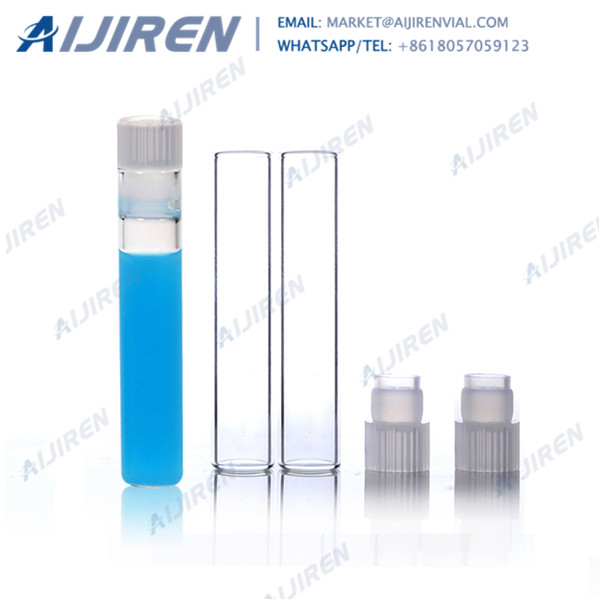
Our shell vials are made from sturdy, chemical and thermal resistant type I borosilicate glass. Seamless, tubular, glass shell vials are often used for sample analysis for chemicals, specimens, and other materials. Shell vials play a particularly integral role in viral cultures. All standard shell vials are for use with corks. The 1 dram and 4 dram shell vials can use plastic stoppers as well. Closures for shell vials sold separately.
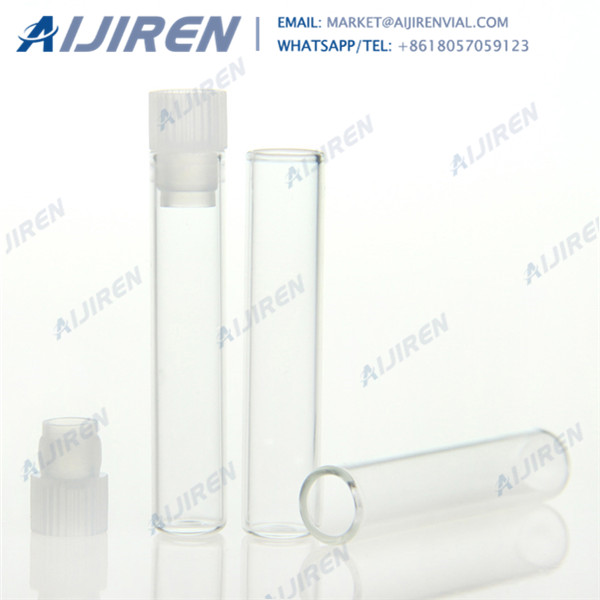
Dec 31, 2013 · Certain chemicals; The shelf life of glass bottles and their appearance is enhanced by different closures used. Glass bottles can take closures made of glass, cork, plastic and metal. Additionally glass bottles can take a variety of printing and labeling options and glass bottles can even be etched and engraved.

Technical Support Customer Service. Shell vials are an economical choice for many routine HPLC applications. These neckless vials with inserts are sold as kits including polyethylene push in caps to assure proper fit and function. Vial selections include clear glass, amber glass or polypropylene. 8x35mm shell vials are designed specifically for Alcott Positive Displacement autosamplers.
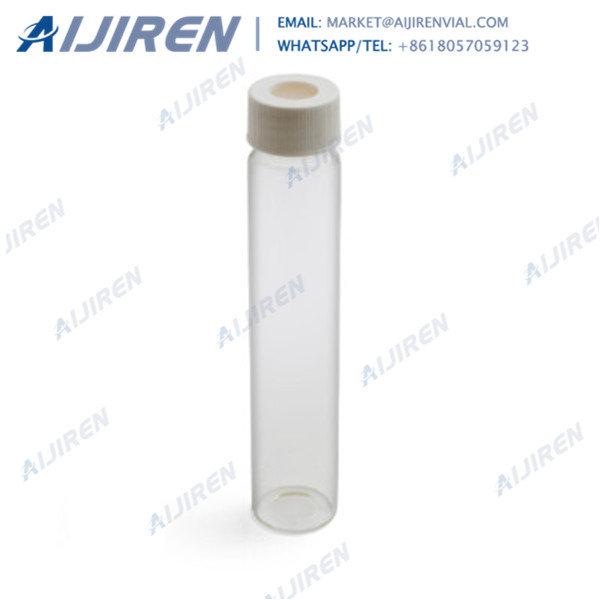
Sep 28, 2021 · We use a plasma-enhanced chemical vapour deposition (PECVD) process to apply a glass-like barrier of approximately 30 nm to the interior of a polymer resin shell for vials, syringes or cartridges.
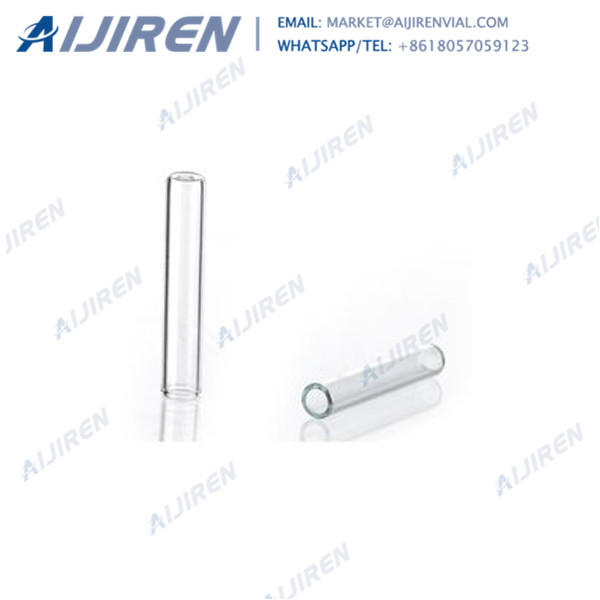
Jan 18, 2013 · Glass vials and Ampules – The USPXXII requirements for glass containers are chemical resistance and light transmission. The requirements vary from country to country, but basically testing determines whether the correct type of glass has been used for the manufacture and its suitability for use with pharmaceutical products.
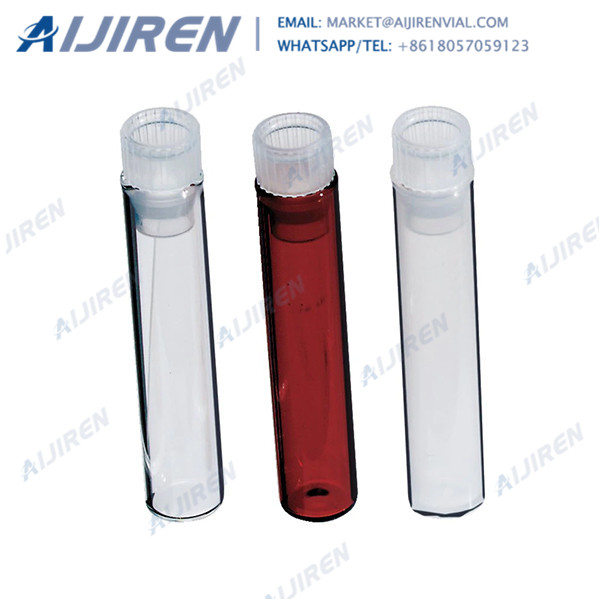
Vetropack packages all thirst-quenching drinks in glass bottles. No matter whether it's a standard bottle or custom glass packaging, Vetropack offers the perfect protection for soft drinks and mineral water. Our range of glass bottles goes from the 0.25-litre bottle to the 1-litre bottle, either disposable or reusable.
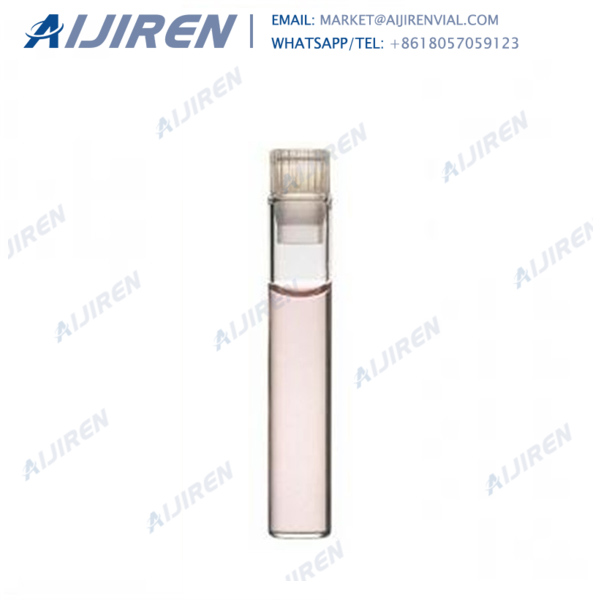
Amber Glass Bottles Used for photosensitive chemicals to protect them from light and ultraviolet radiation. Safe-Cote Glass Bottles Available with both clear and amber glass, Fisher Chemical Safe-Cote bottles help protect you from hazardous chemicals. If the bottle accidently breaks, the exterior plastic coating helps to contain the chemical

Please refer to the following table for more information on the physical and chemical properties of glass. 3.3 Expansion Borosilicate Glass. 4.9 Expansion Borosilicate Glass (Clear) 5.4 Expansion Borosilicate Glass (Amber) 7.8 Expansion Soda-Lime Glass (Amber) 9.1 Expansion Soda-Lime Glass (Clear) Coefficient of Expansion (20-300° C) x10-6K-1.

The glass is finally cooled in a part of the machine called a lehr which is an important part of glass making since the glass can easily break if this is not controlled. The modern machines effect the glass making rate achievable, but this can be up to 75,000 light bulbs and 55,000 drinking glasses can be produced per day.
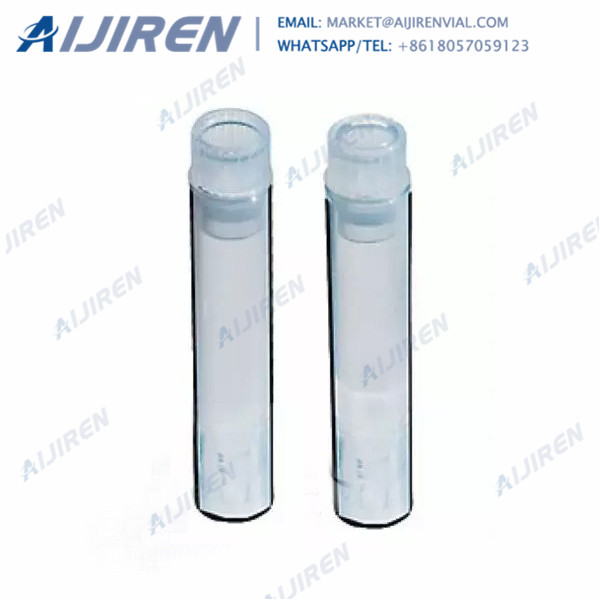
Amber and clear glass vials for use in the lab. Clear and amber screw top borosilicate glass vials suitable for the storage of solvents, solutions, and samples. Polypropylene screw-top caps with PTFE-lined silicone septa are included for the highest level of protection when storing chemicals and aggressive solvents.
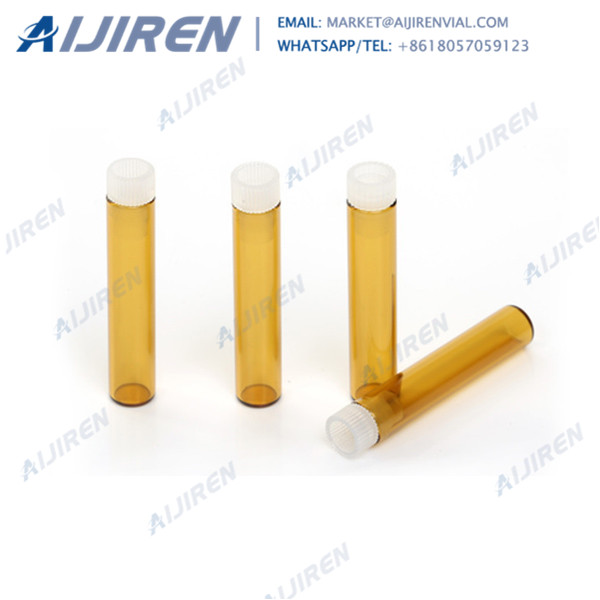
Mar 03, 2016 · Composition. Uses. Soda Glasses. Sodium Carbonate, Calcium Carbonate and Silica. In making tube light, bottles, equipments of laboratory, daily useable domestic utensils. Flint Glass. Potassium
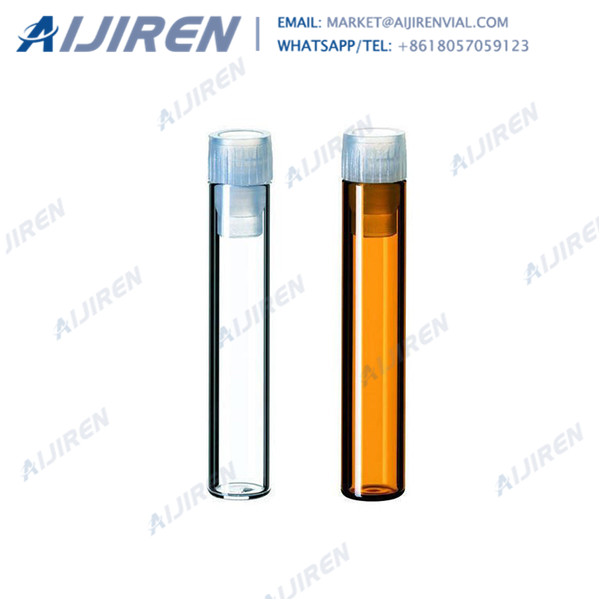
The most chemically-inert glass available, generally used in analytical labs for high quality test results. It has an expansion coefficient of approximately 33 x 10-7 ˚C and is composed primarily of silicone and oxygen, with trace amounts of boron and sodium. All Waters clear glass vials are Type 1, 33-expansion glass. Type 1, 51-Expansion Glass
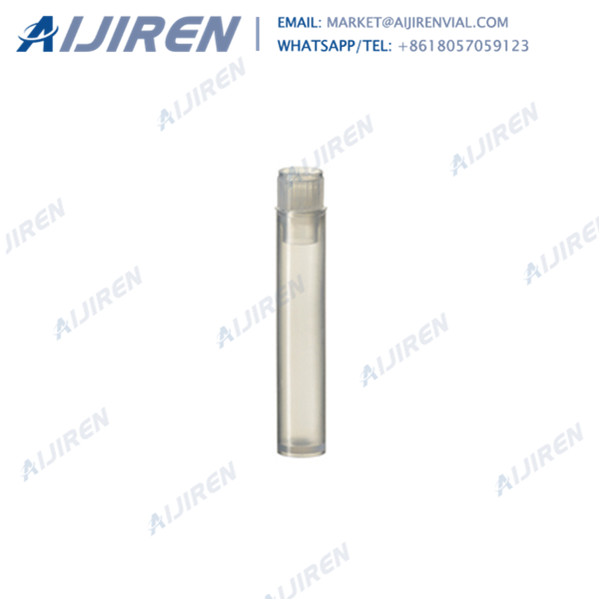
Common glass types and composition of commercial glasses. Glass Composition, Glass Types . Related sites: Glass Properties on GlobalSpec, GlassOnWeb, MatWeb, Glass Global A general overview about glass art, history, science, literature, social studies, and technology is available at the Corning Museum of Glass (view as PDF, 1.8 MB).
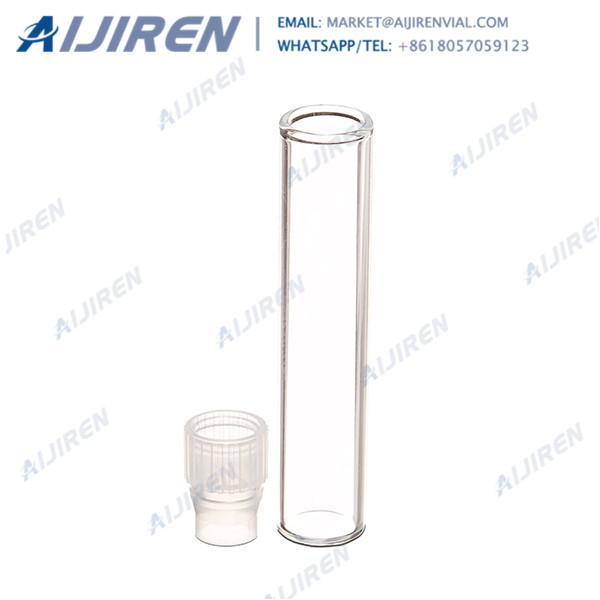
Polypropylene or glass Cap finish is 15 mm Shell vials are designed for use with autosamplers that require 15 x 45 mm vials. Vials are are available in clear glass or natural polypropylene. 1234Q06 has a limited volume of 3 mL with other vials having a capacity of 4 mL.
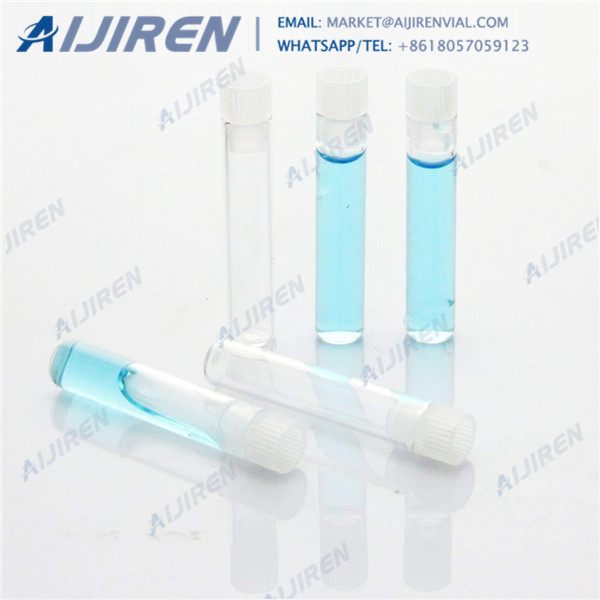
Uses include: Analytical lab samples, high purity chemicals, strong acids, solvents, environmental samples, pharmaceuticals, and diagnostic reagents. The color green easily identifies the PTFE liner system. Available in Thermoset and Phenolic caps. Pulp/Vinyl Lined Caps Phenolic caps with pulp and vinyl liners are perfect for general use.